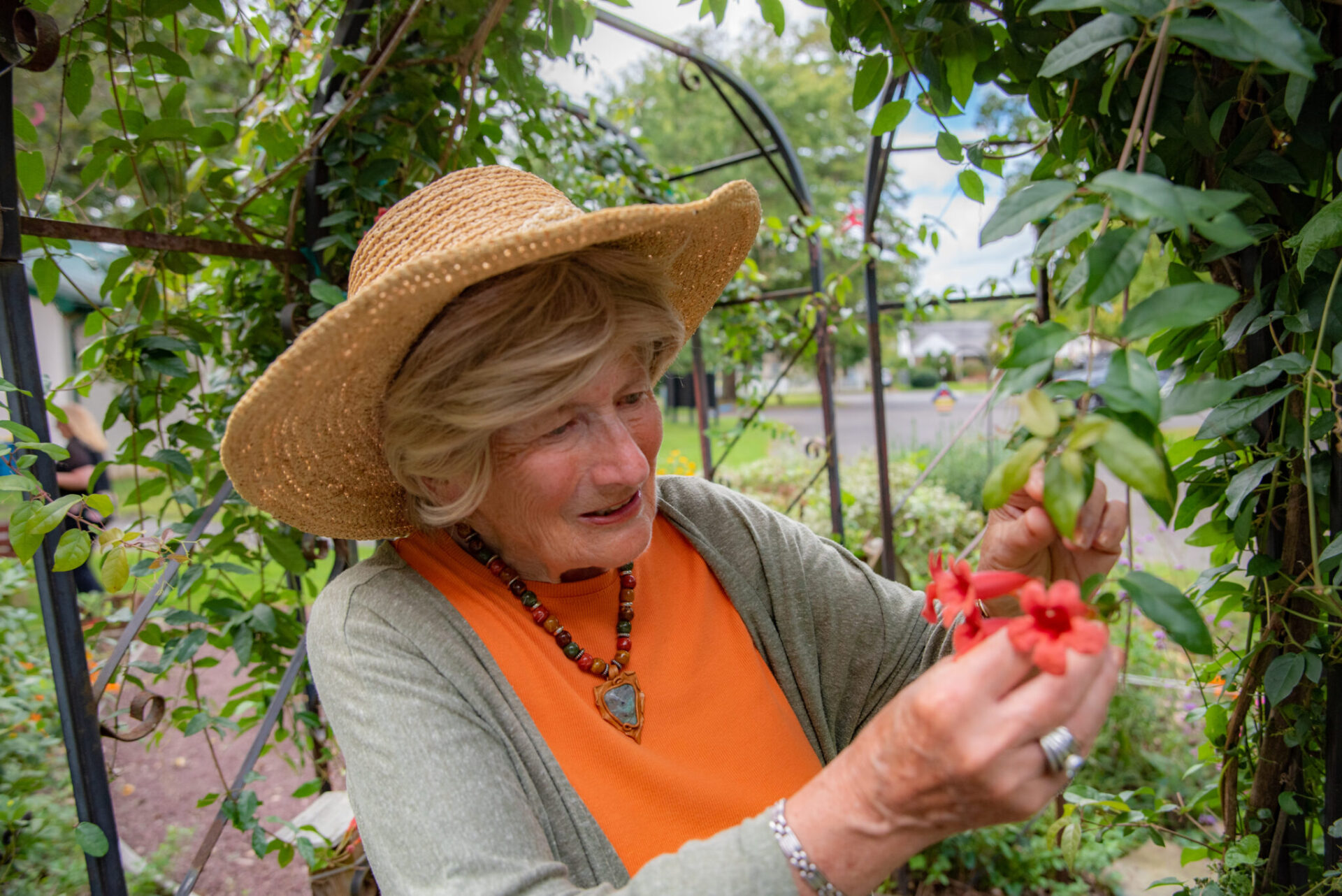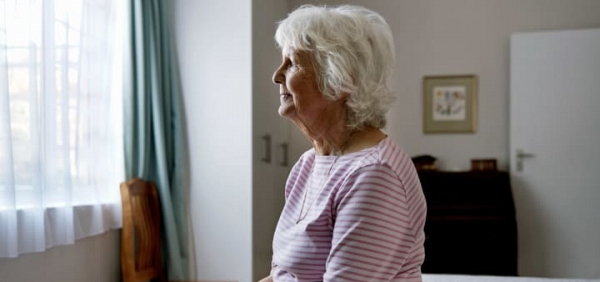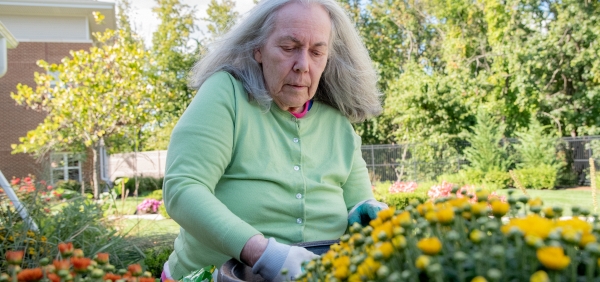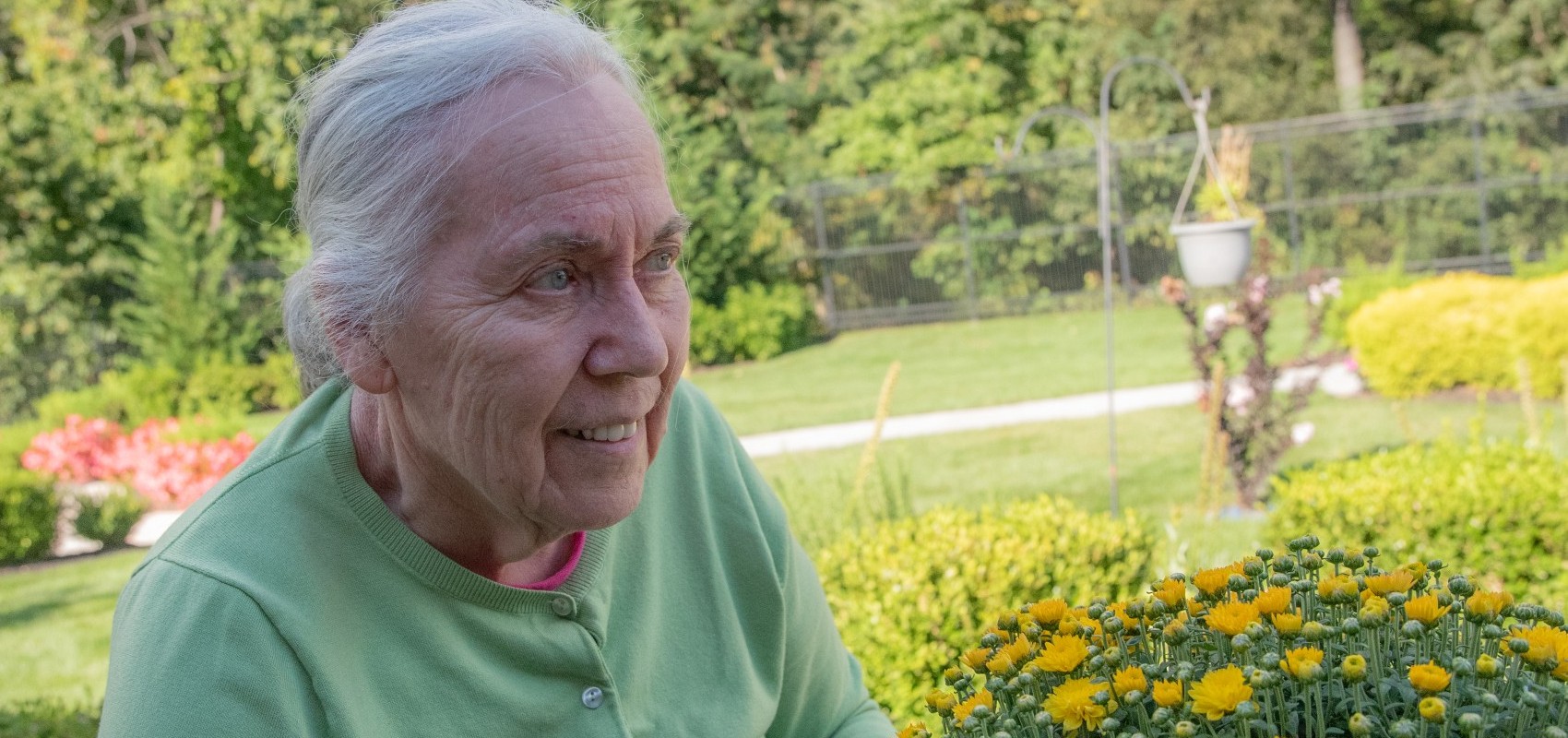Skip navigation


10 Questions to Ask The Doctor After a Dementia Diagnosis

How Long Does Dementia Last?

Making a Plan for a Loved One Diagnosed with Dementia

Benefits of Working in Memory Care

5 Lifestyle Choices That Could Help Prevent Dementia

How to Respond When a Loved One Asks to Go Home

Post-Tour Questions to Encourage the Move

Top Summer Activities for Seniors

The Importance of Self-Care for Caregivers

7 Myths About Memory Loss: Normal Aging versus Dementia

Understanding the Stages of Alzheimer’s Disease

What Memory Boxes Do For People with Dementia

Benefits of Early Dementia Diagnosis

How to Add Gratitude to your Daily Routine

Preparing Caregivers for the Memory Loss Journey

Benefits of Music and Dementia

The Realities of Dementia – Tips for Family Members

How to Have Difficult Conversations About Dementia

5 Ways to Involve Your Loved One in the Kitchen
 Portrait of a smiling senior couple dressed in party hats and wearing novelty glasses drinking champagne while celebrating New Year’s Eve at home
Portrait of a smiling senior couple dressed in party hats and wearing novelty glasses drinking champagne while celebrating New Year’s Eve at home
6 Ways to Ring in the New Year with Your Loved One

In-Home Care vs Memory Care: Which is Best for Your Loved One

What Dementia Caregivers Need to Know
 Portrait of a smiling senior couple dressed in party hats and wearing novelty glasses drinking champagne while celebrating New Year’s Eve at home
Portrait of a smiling senior couple dressed in party hats and wearing novelty glasses drinking champagne while celebrating New Year’s Eve at home
10 Things to Keep in Mind When a Loved One Has Dementia

How to Improve Memory Recall for People with Dementia

Not All Memory Care is Created Equal

How to Avoid Family Conflicts About Care for Mom and Dad

The Positive Impact of Memory Care: “We Wish We’d Done it Sooner!”
Schedule a Tour


























